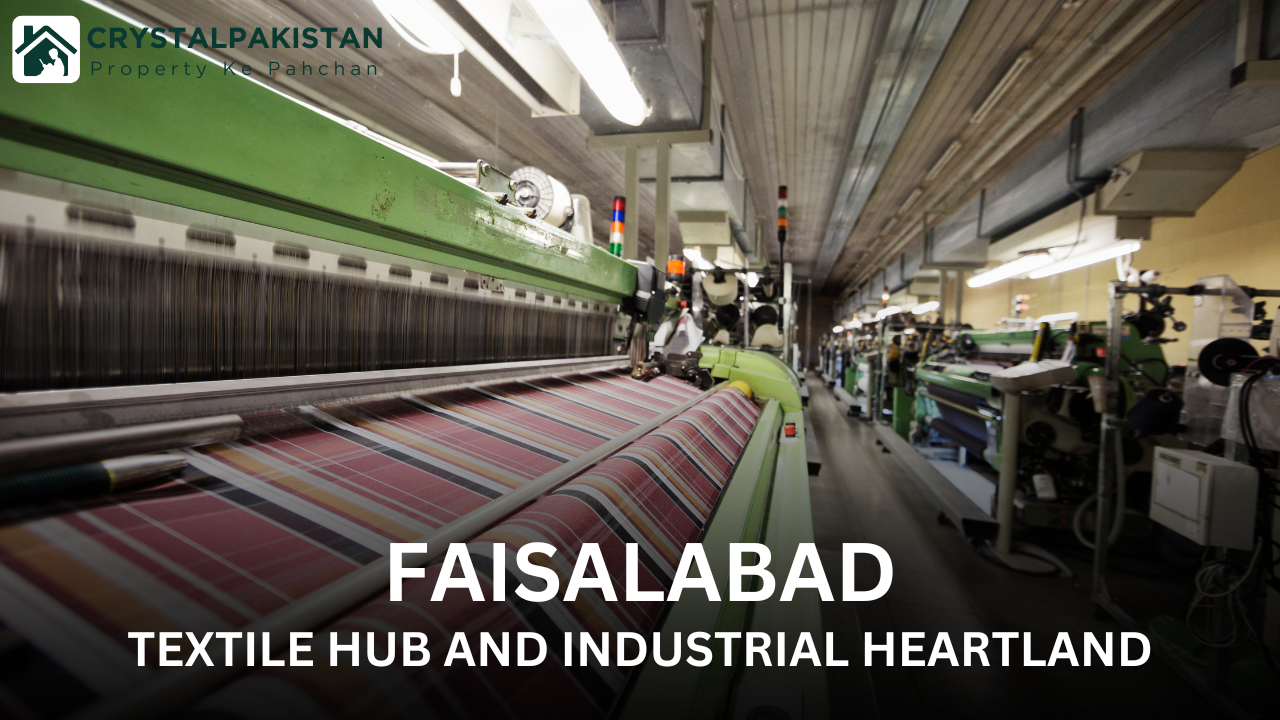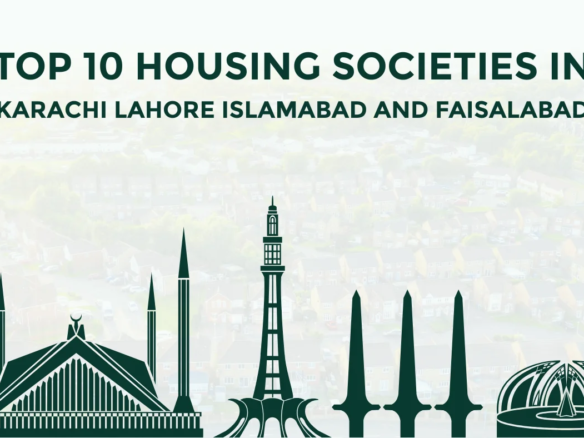Faisalabad: Pakistan’s Textile Hub and Industrial Heartland
Faisalabad, also known as the “Manchester of Pakistan,” is a bustling city located in the province of Punjab. With a rich history and a vibrant culture, Faisalabad has earned its reputation as Pakistan’s Textile Hub and Industrial Heartland. In this article, we will explore the significance of Faisalabad’s textile industry, its historical background, economic contributions, and the factors that have contributed to its growth.Faisalabad Pakistan Textile Hub Industrial Heartland.
History of Faisalabad
Early Settlements
Faisalabad’s history dates back thousands of years, with evidence of early settlements found in archaeological excavations. The region’s strategic location along the ancient trade routes contributed to its importance as a center for commerce and culture.
British Colonial Influence
During British colonial rule, Faisalabad (then called Lyallpur) gained prominence as an agricultural center. The British established large cotton and grain markets, laying the foundation for the city’s future textile prominence.
Renaming to Faisalabad
In 1979, the city was renamed Faisalabad in honor of King Faisal of Saudi Arabia, who played a vital role in strengthening Pakistan-Saudi Arabia relations.
Faisalabad’s Textile Industry
Emergence and Growth
Faisalabad’s journey to becoming Pakistan’s Textile Hub began in the mid-20th century when the government promoted industrialization. The city quickly became a hub for textile manufacturing due to its abundant supply of cotton and skilled labor.
Role in Pakistan’s Economy
The textile industry is the backbone of Pakistan’s economy, and Faisalabad’s contribution is unparalleled. It accounts for a significant portion of the country’s GDP and is a major source of employment.
Major Textile Clusters
Faisalabad is home to several textile clusters, each specializing in various stages of the textile production process. These clusters foster innovation and collaboration within the industry.
Infrastructure and Transportation
Industrial Zones
Faisalabad boasts well-planned industrial zones that provide a conducive environment for businesses. These zones offer state-of-the-art facilities and attract both local and foreign investments.
Air and Land Connectivity
The city’s international airport and well-developed road networks ensure seamless connectivity to domestic and international markets. This infrastructure facilitates the movement of goods and raw materials.
Port Access
Faisalabad’s proximity to major ports, such as Karachi Port and Port Qasim, allows for efficient export and import of textiles, strengthening the city’s position as an industrial hub.
Skilled Labor and Workforce
Technical Education
Faisalabad’s educational institutions offer specialized courses in textile engineering and design, producing a skilled workforce that meets the industry’s demands.
Employment Opportunities
The textile sector provides employment opportunities to thousands of people, empowering local communities and contributing to poverty alleviation.
Labor Unions
Labor unions play a significant role in advocating for workers’ rights and ensuring fair working conditions in the textile industry.
Challenges and Opportunities
Global Competition
Faisalabad faces stiff competition from other textile-producing countries, necessitating constant innovation and efficiency improvements.
Energy Crisis
The city’s industries have been affected by energy shortages, prompting the need for sustainable energy solutions.
Diversification
While textiles remain essential, Faisalabad has opportunities to diversify its industrial base, reducing reliance on a single sector.
Government Initiatives
Textile Policies
The government has introduced various textile policies and incentives to promote growth and investment in the industry.
Investment Incentives
Foreign and local investors enjoy several incentives to establish or expand their businesses in Faisalabad.
Infrastructure Development
Continuous infrastructure development enhances the city’s industrial capabilities and attracts more investors.
Faisalabad’s Textile Exports
Major Export Destinations
Faisalabad’s textiles are in high demand globally, with major export destinations including the USA, Europe, and Asia.
Export Categories
The city exports a diverse range of textile products, including garments, fabrics, and home textiles.
Trade Partnerships
Trade agreements with various countries open up new markets for Faisalabad’s textile exports.
Social and Cultural Aspects
Festivals and Events
Faisalabad’s vibrant culture is celebrated through festivals and events that promote community engagement.
Cuisine and Heritage
The city’s culinary delights and rich heritage attract visitors from across the country.
Cultural Impact of Industrialization
The industrial revolution has led to cultural shifts, affecting lifestyles and traditions in Faisalabad.
Sustainable Practices
Eco-Friendly Initiatives
Faisalabad’s textile industry is adopting eco-friendly practices to reduce its environmental footprint.
Ethical Manufacturing
Companies are focusing on ethical manufacturing practices, ensuring fair treatment of workers.
Recycling and Waste Management
Efforts to implement recycling and waste management strategies are gaining momentum in the city.
Future Prospects
Technological Advancements
Investments in technology and automation are expected to boost productivity and competitiveness.
Economic Diversification
Faisalabad is exploring opportunities in other industries to foster economic diversification.
Global Market Trends
Keeping abreast of international market trends is crucial for sustained growth and adaptability.
Conclusion
Faisalabad’s journey from a historic settlement to Pakistan’s Textile Hub and Industrial Heartland is a testament to its resilience and entrepreneurial spirit. The city’s textile industry has played a pivotal role in the nation’s economic growth and social development. As Faisalabad continues to evolve, embracing sustainable practices, technological advancements, and economic diversification, its position as a global industrial center is sure to strengthen further.
FAQs

Q: How did Faisalabad get its name?
A: Faisalabad was named in honor of King Faisal of Saudi Arabia in 1979.
Q: What is Faisalabad’s main industry?
A: Faisalabad is renowned for its thriving textile industry.
Q: What are the major challenges faced by Faisalabad’s textile sector?
A: Global competition and energy shortages are among the significant challenges.
Q: What are Faisalabad’s major export destinations for textiles?
A: The USA, Europe, and Asia are major markets for Faisalabad’s textile exports.
Q: How is Faisalabad’s textile industry addressing sustainability?
A: The industry is adopting eco-friendly initiatives and focusing on ethical manufacturing practices.
Top 10 Must-Visit Tourist Locations in Lahore



Join The Discussion